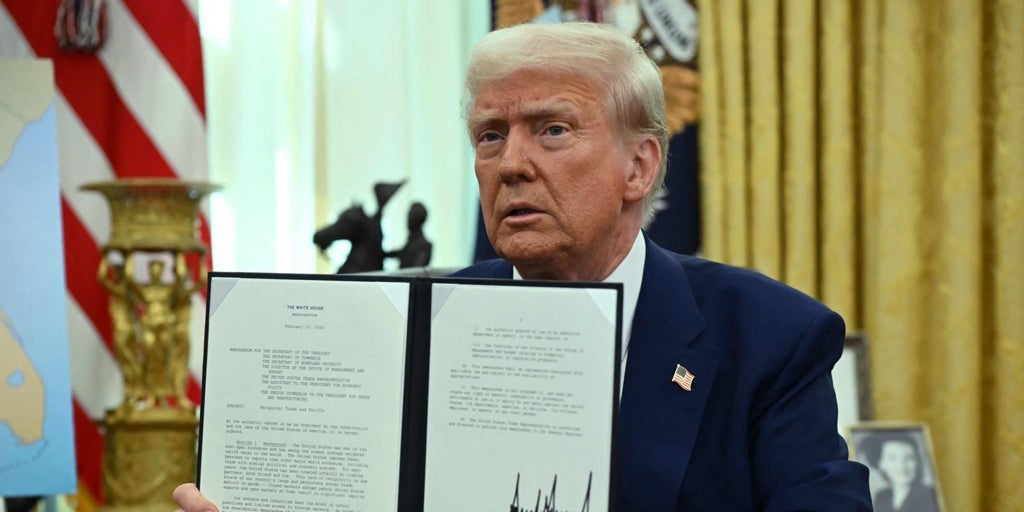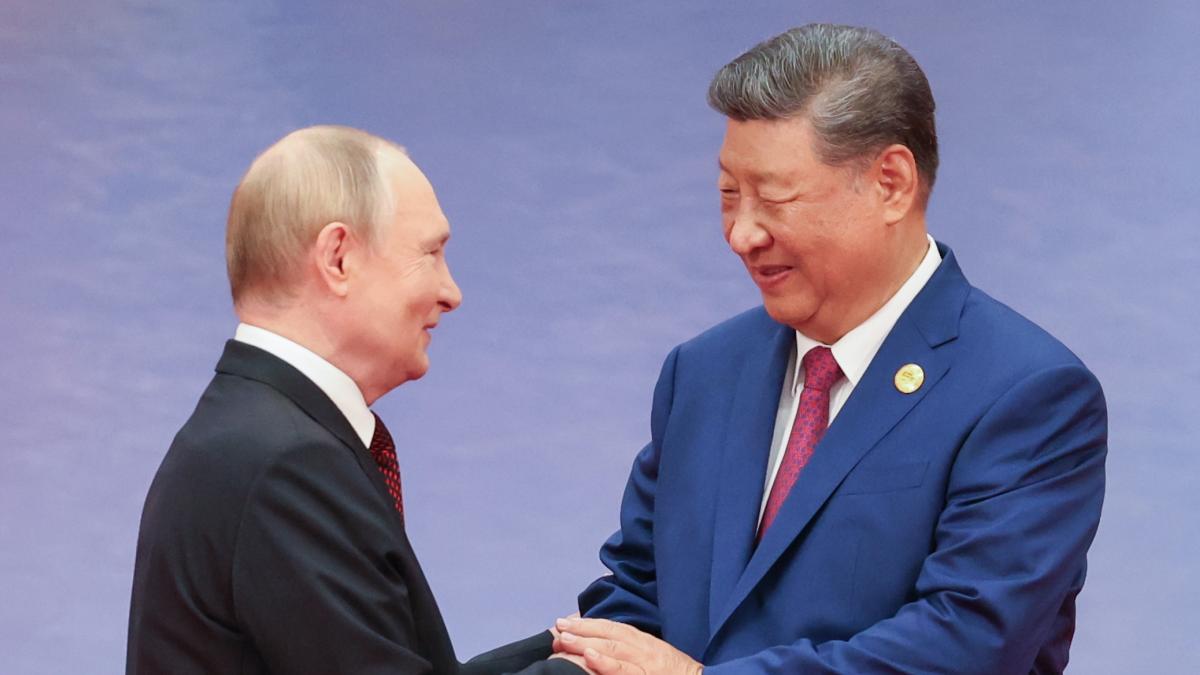# The Power of Titles: Understanding Their Impact Across Society
Titles wield more influence than most people realize; they can shape perceptions, define roles, and influence behavior. Whether in a professional setting, social sphere, or familial context, titles serve as critical signifiers that convey information about authority, expertise, and stature. In this article, we will explore the significance of titles, their implications in various contexts, and the controversies surrounding their usage.
## The Importance of Titles in Professional Settings
### Titles and Professional Identity
In the workplace, titles are often seen as markers of authority and expertise. For instance, a title such as “Chief Executive Officer” (CEO) not only conveys a higher rank but also carries a host of expectations regarding competency and leadership. Research shows that the mere presence of a title can influence both subordinates and peers. In a Harvard Business Review study, employees were found to be more likely to respect and trust individuals with higher-status titles, irrespective of their actual contributions to the organization. The simplified belief is that a title equates to a certain level of expertise, which, while sometimes valid, can lead to dangerous assumptions.
This reliance on titles can sometimes obscure the need for real skills and qualifications. A title may open doors, but it can also create an illusion of competence that isn’t necessarily grounded in reality. When professionals rise to their positions primarily based on title recognition rather than merit, the results can be detrimental. Such disparities are part of a growing critique of corporate hierarchies.
### Gender and Titles: A Controversial Landscape
The impact of titles extends significantly into discussions of gender equality. Historically, women have faced significant barriers in the professional world—one vivid example being Lidia Poët, who was denied access to legal practice in Italy despite her qualifications solely on account of her gender. While Poët eventually gained recognition, her struggle highlights the often contentious relationship between titles and gender identity.
Recent social campaigns, such as the GoTitleFree initiative, challenge the traditional use of titles that denote marital status, like “Mrs.” or “Miss,” arguing they lead to biased assumptions about a woman’s life circumstances and worth. Critics assert that such titles perpetuate outdated views that can restrict women’s professional opportunities and undermine their achievements. The growing acceptance of non-binary and neutral titles reflects a cultural shift towards inclusivity, moving away from the limitations imposed by gendered titles.

## Social Dynamics Influenced by Titles
### Honorifics and Social Class
Titles also play a critical role in social class dynamics. In many cultures, honorifics like “Lord,” “Lady,” or “Sir” create a hierarchy that can dictate social interactions. Within social settings, these titles often come with expectations about behavior and decorum. The ramifications of these social strata are profound, leading to potential discrimination based on one’s title or lack thereof. Experts argue that titles can consequently reinforce class systems, making social mobility more challenging for those without recognized titles.
Furthermore, the usage of familial titles—like “Aunt” or “Grandma”—also shapes our relationships. These terms signal family hierarchy and often power dynamics within familial structures, which can develop feelings of respect or resentment.
### Changing Perspectives on Title Necessity
An increasing number of organizations are moving toward more egalitarian models, where titles are not emphasized in the same manner as before. Companies such as Valve have adopted a flat structure, whereby titles are downplayed to foster collaboration and creativity. This shift is primarily aimed at encouraging innovation free from the constraints of hierarchical expectations, suggesting a possible future where titles become less significant.
## Controversies Surrounding Titles
### The Debate on Title Relevance
Despite their usage across various segments of society, the necessity and effectiveness of titles are increasingly questioned. Critics assert that overreliance on titles can stifle genuine connection and interaction, creating barriers rather than bridges. After all, what does a title truly tell us about a person’s character or capabilities? A title can occasionally signify skill, but more often, it encloses the essence of who someone is into restrictive bounds.
### Titles in the Age of Non-Binary Awareness
In a progressively aware society, the demand for non-binary titles is an emerging discussion, highlighting the exclusionary nature of traditional titles that directly reference gender. The emerging push towards alternatives like “Mx.” or simply using a person’s name showcases a desire for inclusivity, respect, and recognition of identity beyond the binary classification system. As society evolves, titles must adapt to reflect contemporary values and promote understanding.
## The Future of Titles: A New Paradigm
### Moving Towards Inclusivity
The future may very well see a reduction in the importance of traditional titles in favor of more personalized identifiers that acknowledge individuality and diversity. As the workforce diversifies and initiatives for equal rights gain momentum, open discussions about professional identity, titles, and their meanings will proliferate. The narrative surrounding the utility and implication of titles will undoubtedly continue to evolve as society adapts to embrace equality and inclusivity.
### A Call for Reflection
As we navigate the complexities of professional and social structures defined by titles, a crucial question emerges: Do titles serve to empower or restrict? The onus lies on individuals and organizations alike to reflect critically on their utility. Striving for a more equitable society hinges on re-evaluating the traditionally held beliefs about titles and reconsidering their incorporation within modern professional and social dialogues.
## Conclusion: Redefining Significance
In conclusion, titles are not simply artifacts of language but rather intricate tools that shape our realities. They influence perceptions of power, competence, and social connection. As humanity progresses toward a more inclusive future, it is imperative to challenge the established norms that restrict engagement and perpetuate inequality. By undertaking this critical examination, society can redefine the significance of titles and affirm their relevance in fostering genuine connections—all while revolutionizing how we view professional and personal identity.
—
**References:**
1. Harvard Business Review study on perceptions of authority
2. The GoTitleFree campaign analysis
3. The history of Lidia Poët’s impact on women’s legal rights
For those on a journey of understanding the role titles play in society, it’s time to look beyond the letters and words. Titles tell us what we think we know, but understanding their true power delves much deeper.















